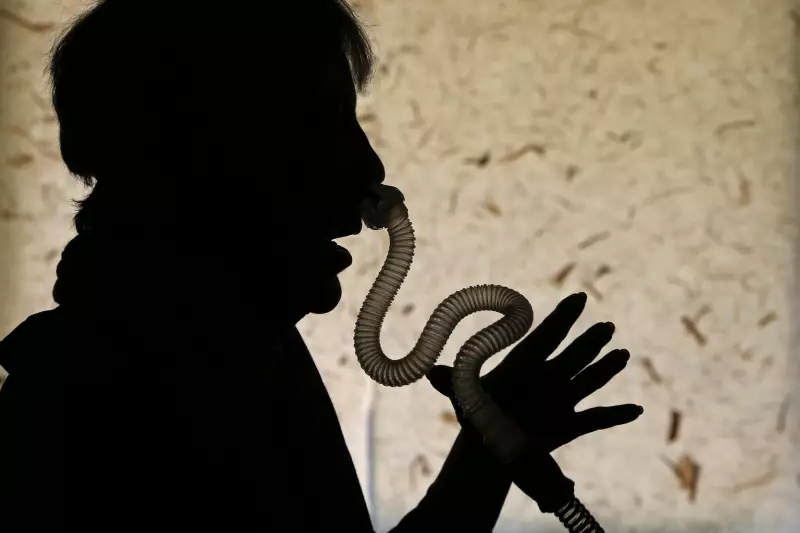
If you've been neglecting your sleep apnea treatment or struggling to use your CPAP machine consistently, new Canadian research suggests the consequences could be more serious than daytime fatigue. A groundbreaking study has uncovered a disturbing connection between untreated sleep apnea and microscopic bleeding in the brain.
The Silent Danger in Your Brain
Researchers have discovered that individuals with obstructive sleep apnea who don't maintain consistent treatment may be developing tiny, often undetectable brain bleeds. These micro-bleeds, while initially symptom-free, can accumulate over time and significantly increase the risk of more severe neurological conditions.
The study reveals that the interrupted breathing patterns characteristic of sleep apnea create dangerous fluctuations in blood pressure and oxygen levels. This constant stress on the cardiovascular system appears to damage delicate blood vessels in the brain, leading to these microscopic hemorrhages.
Beyond Daytime Sleepiness: The Real Cost of Non-Compliance
Many CPAP users abandon their devices due to discomfort, noise, or difficulty adjusting to the apparatus. However, this research indicates that the price of non-compliance extends far beyond simple tiredness.
The micro-bleeds associated with untreated sleep apnea have been linked to:
- Increased stroke risk
- Higher likelihood of cognitive decline
- Accelerated brain aging
- Potential development of vascular dementia
Finding Solutions Beyond the CPAP
For the estimated millions of Canadians who struggle with CPAP compliance, the research doesn't suggest suffering through uncomfortable treatment. Instead, it highlights the critical importance of finding effective solutions that work for individual patients.
"Many patients feel guilty about not using their CPAP, but the answer isn't to ignore the problem," explains one sleep specialist familiar with the research. "The key is working with your healthcare provider to find an alternative treatment approach that you can maintain consistently."
Modern alternatives to traditional CPAP machines include:
- Oral appliance therapy
- Positional therapy devices
- Inspire implant technology
- Lifestyle and weight management programs
The Canadian Sleep Crisis
With sleep apnea affecting approximately 5.4 million Canadian adults, and many remaining undiagnosed or untreated, this research underscores a significant public health concern. The findings suggest that sleep apnea should be treated as more than just a sleep disorder—it's a legitimate brain health issue requiring serious attention and consistent management.
The message from Canadian researchers is clear: addressing sleep apnea effectively isn't just about improving your sleep quality—it's about protecting your long-term brain health and reducing your risk of devastating neurological conditions.





